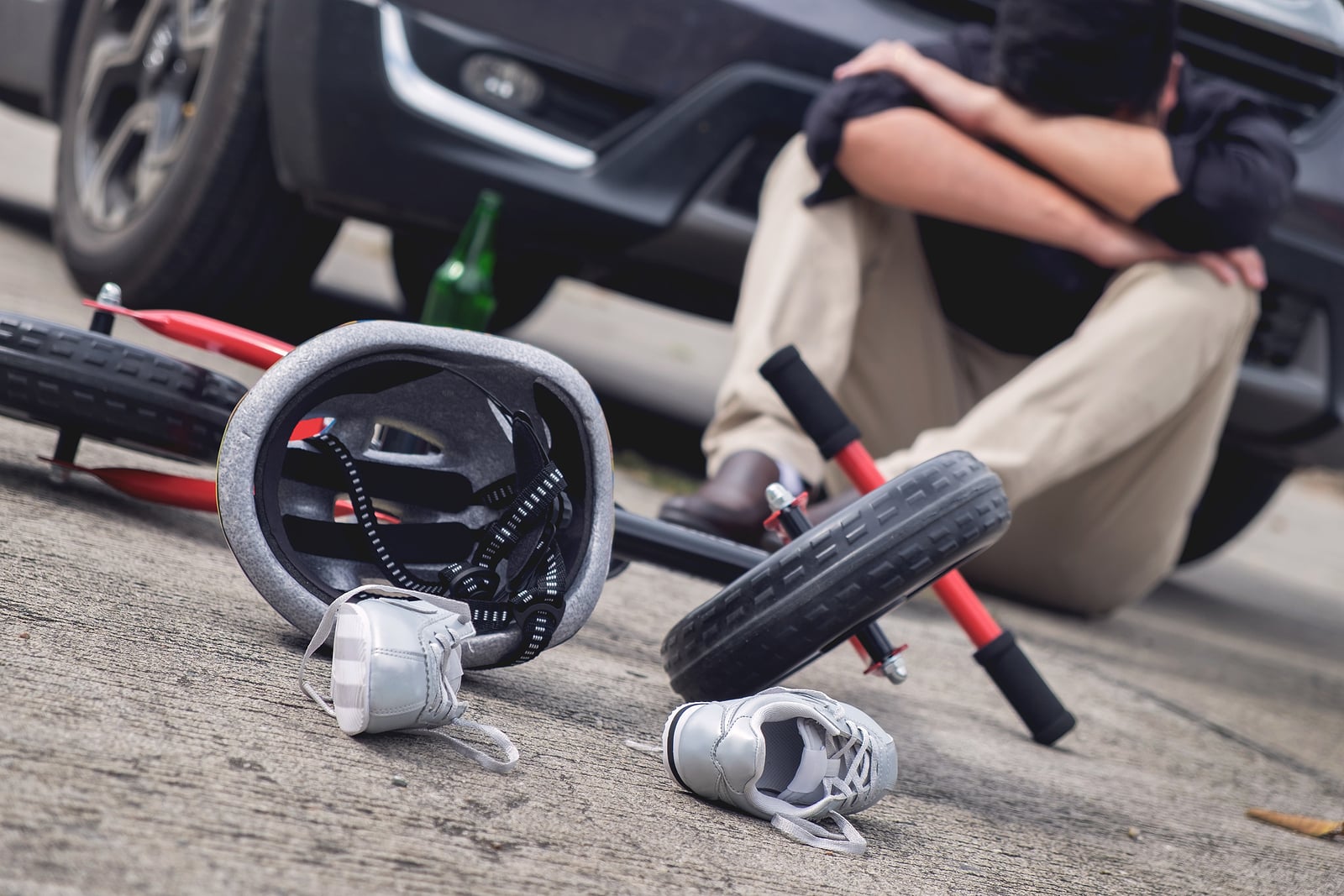6 Things You Can Do to Strengthen Your Personal Injury Case if You Were Hit by a Drunk Driver
When you operate a vehicle on the roadway, you know that you are at some risk for being involved in car accidents. Naturally, we hope that all other drivers on the road are taking care to avoid accidents, but that isn’t always the case.
For example, DUI accidents do happen. According to records from the Georgia Department of Driver Services, the number of Georgia DUI convictions in 2020 alone was over 12,000.
If you are involved in an accident with a drunk driver, you may wonder how you can best build a case for compensation for your damages or injuries. You can start with the six steps below.
1. Record Information and Evidence at the Scene, if Possible
If you or someone you trust, such as a family member or passenger in your vehicle, is physically able to document information at the accident scene, you can capture details that might later be critical in your case. Some actions you can take if it is safe to do so include:
- Gathering the names and contact information of all drivers, passengers, and witnesses to the accident. If you have time, you can ask witnesses about what they saw just before and during the accident. Ask witnesses if you can record their statements on your phone.
- Taking pictures or videos of the scene. Use your smartphone to capture images and videos of damage to vehicles, actions at the scene of the accident, and evidence on the roadway, such as skid marks or debris. Take pictures of damage to nearby structures, including bushes, signs, or buildings. All of this information can help tell a story about what happened in the accident.
- Ensure officers are aware of any signs that another driver was driving under the influence. If there are open containers or other evidence, take pictures of them if you can.
2. Report the Accident to Police
Call 911 or the non-emergency number for law enforcement to report the accident. If there are medical needs at the scene, use 911 so that first responders are notified.
Request a copy of the police accident report after the fact so you can see any details that law enforcement recorded that you might have missed. This can be especially important if you were injured at the scene and unable to document information for yourself.
3. Seek Medical Attention
If you are obviously injured, seek medical attention from first responders on the scene. Even if you aren’t obviously injured at the scene, consider getting checked out by medical professionals that day or in the few days following the accident.
It’s possible that you can sustain injuries in a car accident and not feel them immediately. You may have internal injuries or strains or sprains to your back or neck, and those symptoms can show up later. By seeking medical assistance as soon as possible following an accident, you can document those injuries and the fact that they are linked to the accident. This reduces the chance that a defendant can later claim the injuries came from something else.
4. Keep an Organized Record of Your Claims
As you deal with the aftermath of a car accident, you will likely accumulate documents and other evidence. This can include quotes for repairing damage to your vehicle, insurance adjuster reports, medical records, and bills for medical treatments. Keep all of these documents, as they may be required for evidence if you end up filing a personal injury lawsuit.
One of the easiest ways to organize all these records is to keep a binder or folder related to your accident. Any time you get any paperwork related to the incident, put a copy in the binder or folder. If you deal with digital paperwork, you can create a folder on your computer or in your email for those documents—or you can print them out to add to a physical folder.
5. Be Careful How You Communicate With Insurance Companies
Take care when discussing the case with insurance companies. Don’t say anything that might indicate that you are taking fault for the accident in any way. Avoid accepting checks or signing any paperwork without reading it fully or discussing it with an attorney, as you might inadvertently accept a small payout in exchange for giving up your right to seek any further compensation.
6. Work With an Experienced Personal Injury Attorney
If you have been injured in an accident involving a drunk driver, reach out to a personal injury attorney as soon as possible. A lawyer can step in to fight for your rights and protect your interests while you concentrate on healing and finding a new normal in life.
Experienced personal injury teams work to gather evidence, including deposing witnesses, bringing in experts to testify, and documenting the fact that another driver was intoxicated and at fault in the accident. When you talk to a lawyer about your case, you can get guidance about your options and what steps you should take next.
To find out more about how a personal injury team can help with your case, reach out to Jarrett & Price, Trial Attorneys, today. You can call us at 855-909-3021 to make an appointment to speak with our team.

 (855) 909-3021
(855) 909-3021






